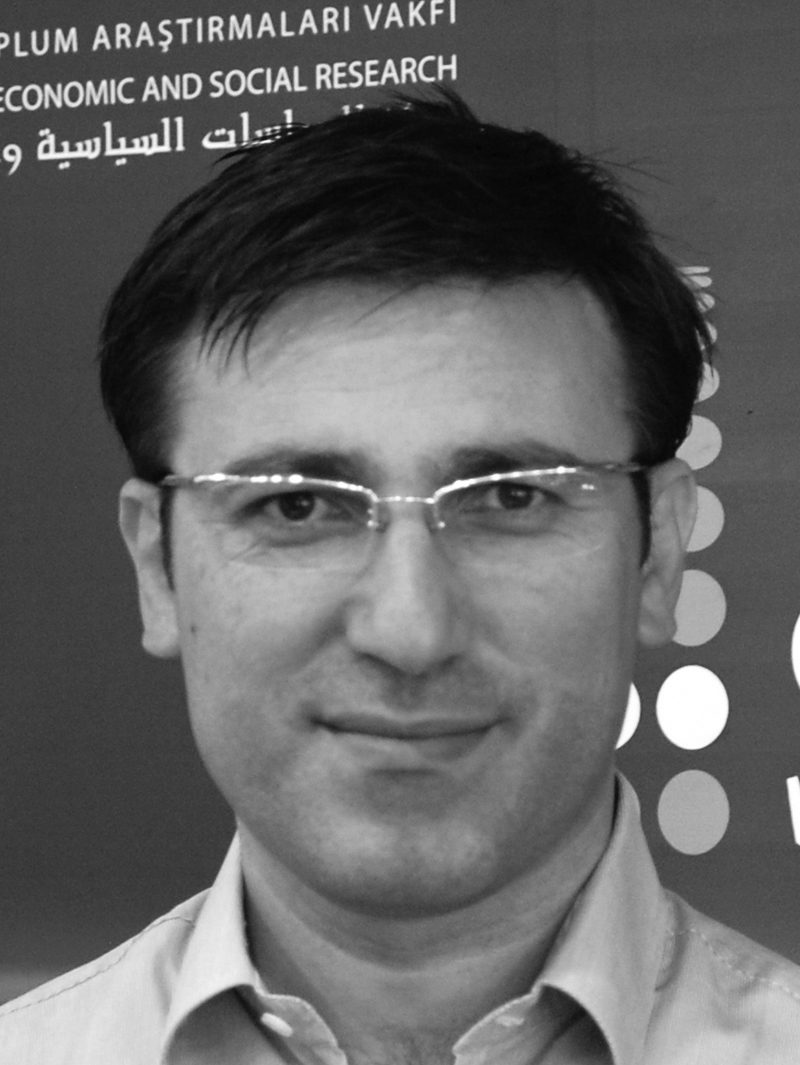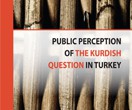There is no doubt that the presence of Muslims in many European countries has changed the demographic and religious landscape of the West.
The arrival of Muslims in large numbers to Europe since the 1950s and 1960s and their permanent settlement through citizenship thereafter call for a reconsideration of the dominant view on the relationship between religion and society that is held in Europe. Since the Enlightenment, modernity has steadily secularized European societies, where church and state are separated, which has created different models depending on the political and cultural legacies of the countries concerned. As a consequence of social, political and legal developments after the Enlightenment, many people came to believe that modernism necessarily leads to secularism and the withdrawal of religion from the public sphere, which has largely been the European experience. However, when we look beyond Europe there is a different picture, including in the United States, which demonstrates that religion is a vitally important social phenomenon. Many social scientists today believe that Europe is an exception rather than a universal model as far as the public presence of religion and its relationship with society and the state are concerned.
One of the widely held beliefs and deeply rooted assumptions that we must free ourselves from is the idea that there is an inevitable conflict between religion and modernity. The global reality and human experience throughout the centuries provide ample evidence that religion and multiple forms of modernity are reconcilable. Various forms of state-religion relations and the role of religion in providing education, health and social welfare services and the governments’ recognition of and support for religious institutions in many European countries and the US confirm the fact that religion does not necessarily challenge modern values and institutions, rather it makes contributions where the state may fall short.
Although Europe has opened its arms to Muslims and largely allowed them to become citizens and settle down, several reports indicate that European politicians, the media and the public have not had similar success in opening their hearts and minds to accept Muslims and their culture. Reports by the European Monitoring Centre on Racism and Xenophobia, the European Network against Racism and the Runneymede Trust demonstrate that there is widespread Islamophobia in Europe.
Image of Islam and Muslims in Europe Recent polls demonstrate that there is a growing mistrust towards Muslims in Europe. For example, a 2006 Deutsche Welle article shared findings from a survey which indicated that “Germans’ esteem for Islam has been falling since the Sept. 11, 2001, terrorist attacks in the United States, with 83 percent of the 1,076 Germans questioned in the survey agreeing with the statement that Islam is driven by fanaticism.” That amount is 10 percent higher than the previous survey results. A majority of the survey’s respondents (71 percent) is reported to have said “they believed Islam to be ‘intolerant,’ up from 66 percent.” The same survey also reports that “when asked what they associate with the word ‘Islam,’ 91 percent of respondents connected the religion to the discrimination of women, and 61 percent called Islam ‘undemocratic.’ Only 8 percent of Germans associated ‘peacefulness’ with Islam.” Moreover, it should also be underlined that content of the news coverage and the language of media reporting tends to focus predominantly on negative representations of Islam, such as conflicts and violence in the Middle East and issues related to terrorism and extremism. All of these contribute to the rise of essentialist views about Islam and Muslims in Western public opinion, leading to Islamophobia.
For those who are skeptical about the notion of Islamophobia or who think that such a conceptualization is nothing more than an exaggeration, I woul

